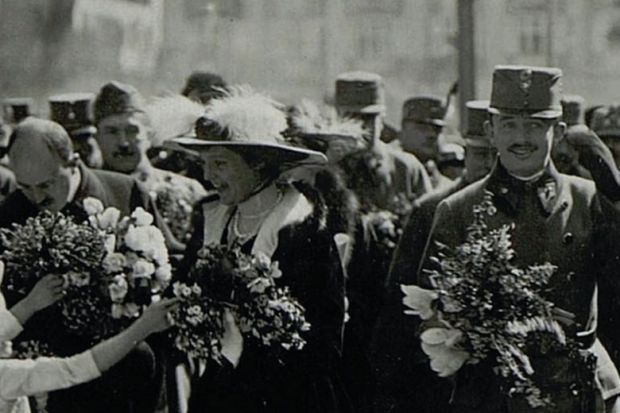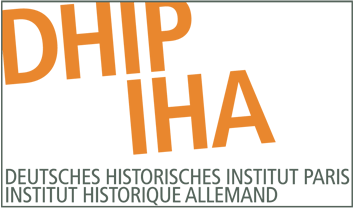The Transition of Croatian Elites from the Habsburg Monarchy to the Yugoslav State
Selected Bibliography
Updated: December, 2020

Analysis of selected bibliography
Analysis (pdf)
Bibliography has been expanded mostly on the basis of remarks of the consultant Pieter Judson, with texts of the following authors and editors: Deborah Coen, Jan Surman, Waltraud Heindl, Heidrun Zettelbauer, Gabriella Hauch, Diethild Hüchtker, Fabio Giomi David F. Good, Margarete Grandner, Mary Jo Maynes, John Deak, Bojan Baskar.
Bibliography has also been updated with the most recent articles and books. Of course, in such a short period of time it is not possible to notice any major trends upon which the bibliography-analysis could be substantially renewed, but in regard to the historiography on Croatian and Yugoslav history, it is perhaps worth noticing that there are still opposing views and interpretations (e.g. Branka Prpa, Dragan Markovina, Stipe Kljajić). The big theme of the fall of the legacy of the Habsburg Monarchy is still in the focus of many researchers (e.g. quite recently Embers of Empire.., Paul Miller, Claire Morelon eds; the European project Negotiating post-imperial transitions: from remobilization to nation-state consolidation. A comparative study of local and regional transitions in post-Habsburg East and Central Europe https://cordis.europa.eu/project/rcn/213495_en.html).
When it comes to the specific themes of the Croatian elites and their transition from the Habsburg Monarchy to the Yugoslav state, the transition itself is still very poorly taken into consideration, but there is an interest in the history of nobility, mostly in individual families (e.g. Danijel Jelaš et. al. eds; Anamarija Kučan et al. eds) but also synthetical works (e.g. Daniel Lalić), or the ones that deal with the transition of nobility (Iskra Iveljić, Miha Preinfalk). One can still notice the overall shortage of works on other parts of elites that are the subject of our project, especially economic elite.



